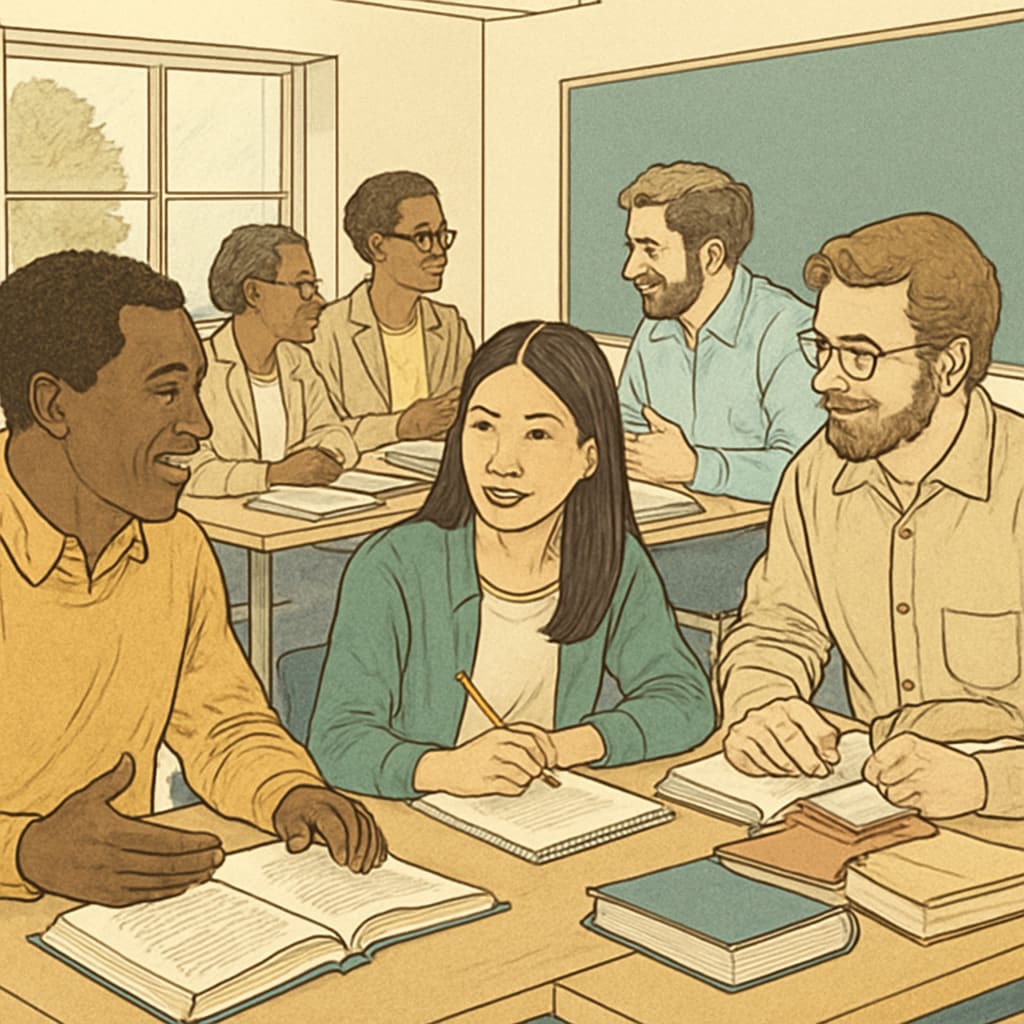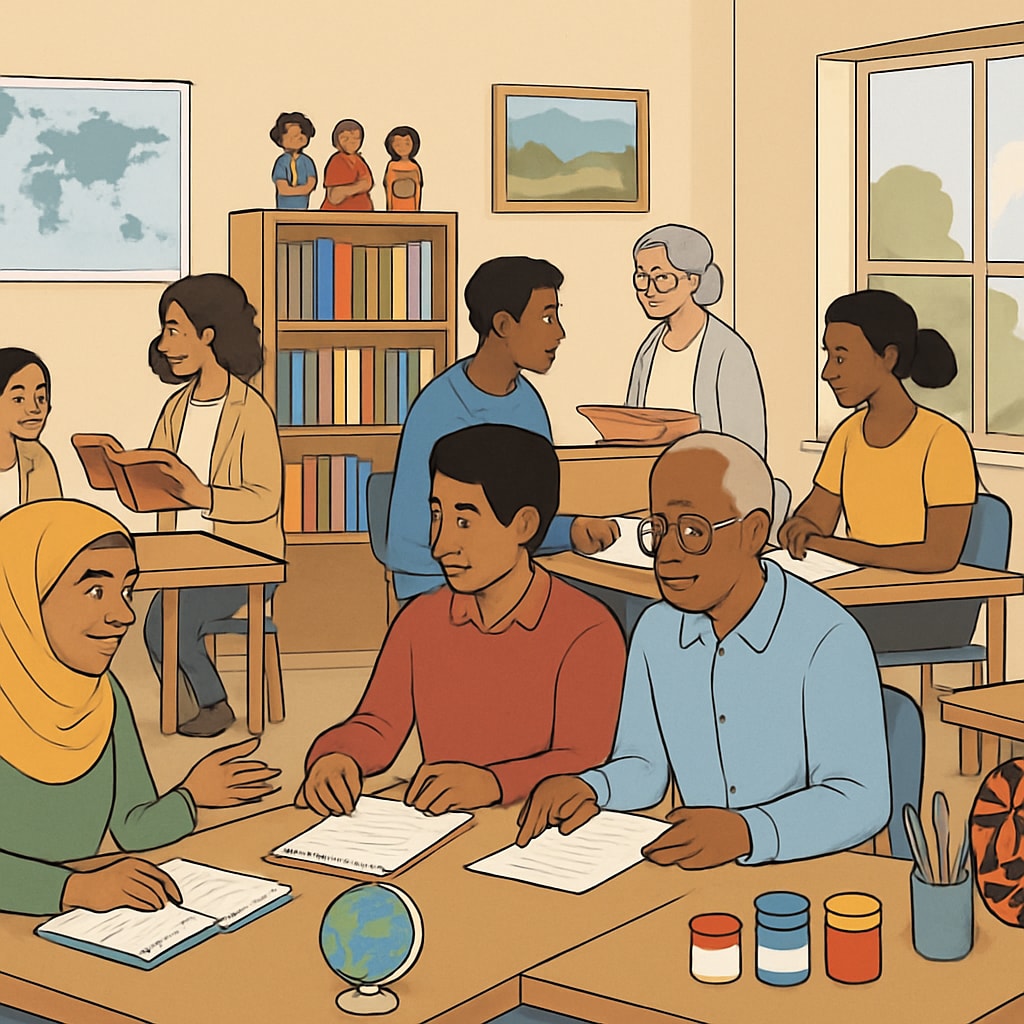Adapting to a new educational system can be daunting for international students, especially adult learners. The process involves mastering adult education, cultural adaptation, and basic knowledge of the local environment. This guide aims to empower adult international students by offering practical strategies to seamlessly transition into Western academic and cultural settings.
Understanding the Challenges of Cultural Adaptation
For adult learners, cultural adaptation goes beyond learning a new language or academic subject. It requires a deep understanding of social norms, teaching methods, and communication styles that differ from their home culture. For example, many Western classrooms emphasize collaboration and open discussions, which might feel unfamiliar to students from more lecture-based systems.
Additionally, adult learners often balance education with other responsibilities such as work and family, making the transition even more challenging. Recognizing these hurdles is the first step in addressing them effectively.

Finding the Right Adult Education Programs
Choosing the right adult education program is crucial for cultural and academic integration. Many institutions offer courses tailored to international students, focusing on both foundational academic skills and cultural knowledge. These programs often include:
- Language Support: Classes that strengthen English proficiency while incorporating cultural nuances.
- Cultural Orientation: Workshops that explain local customs, workplace etiquette, and academic expectations.
- Flexible Scheduling: Evening or weekend classes designed for busy adult learners.
Be sure to research programs accredited by reputable organizations such as Britannica’s Adult Education Overview, which often provide guidance for international students.
Leveraging Community Resources for Cultural Integration
Community resources can play a vital role in helping adult international students feel at home. Libraries, local nonprofits, and cultural centers often offer free or low-cost workshops, conversational groups, and networking events. These are excellent opportunities to practice language skills and build connections within the local community.
For example, many cities host cultural exchange events or international student meetups, which can provide a supportive environment for learners. Additionally, organizations like Community Education on Wikipedia offer insights into how community-based initiatives can support adult learners.

Creating Personalized Learning Paths
Every adult learner has unique needs and goals, making personalized learning paths essential. Here are some strategies to tailor your educational journey:
- Set Clear Goals: Define what you want to achieve, whether it’s gaining professional skills, earning a degree, or simply adapting to the culture.
- Use Online Resources: Platforms like Coursera and Khan Academy offer courses on both academic subjects and cultural adaptation.
- Seek Mentorship: Connecting with local mentors or peers can provide invaluable insights and guidance.
By combining structured courses with self-directed learning, adult international students can overcome cultural barriers and thrive in Western education systems.
Conclusion: The journey of cultural adaptation in adult education is both challenging and rewarding. By identifying the right programs, leveraging community resources, and creating personalized pathways, international students can bridge the gap between their home culture and Western academic environments. With determination and the right support, success is within reach.


